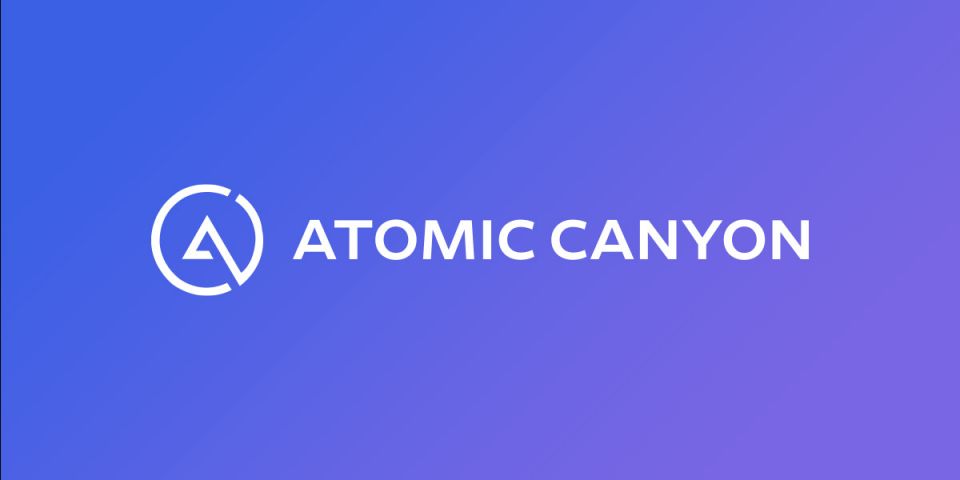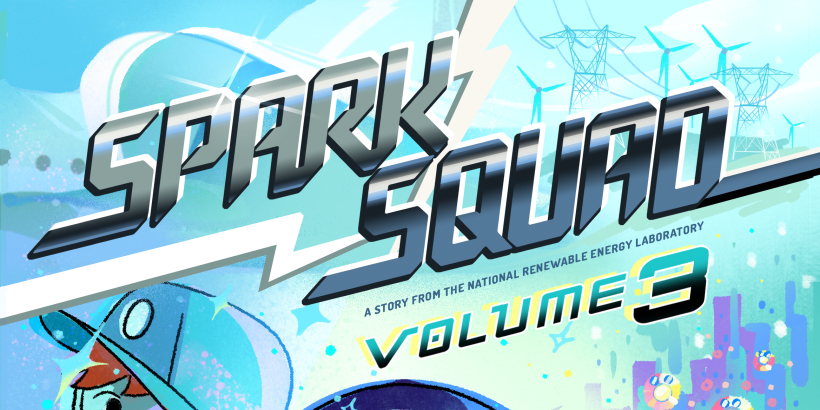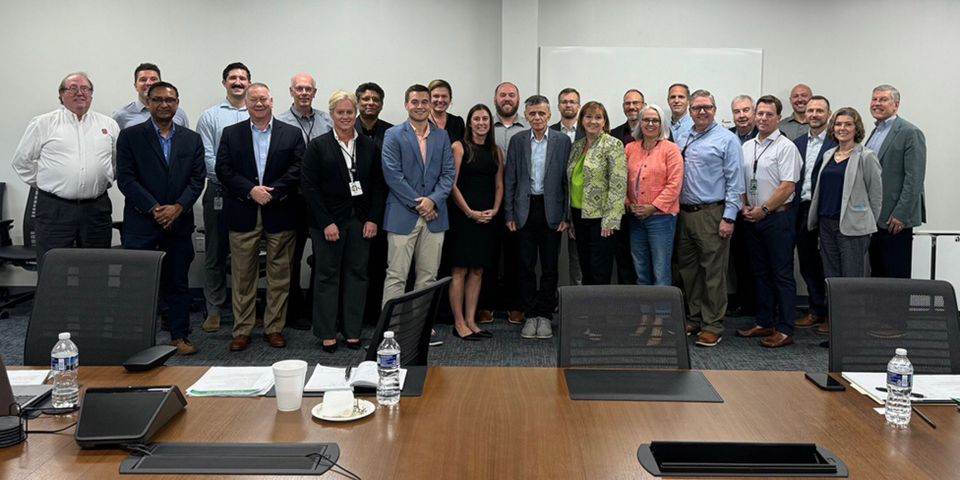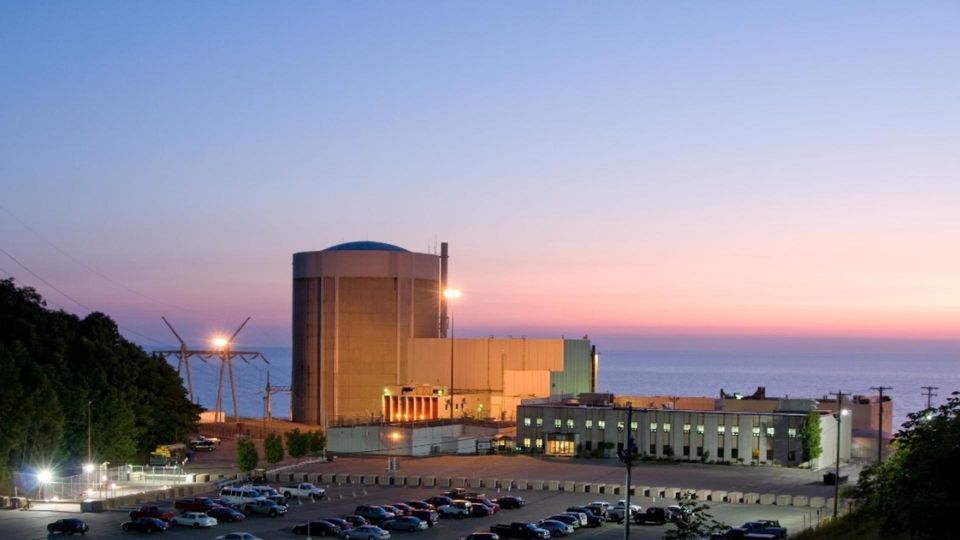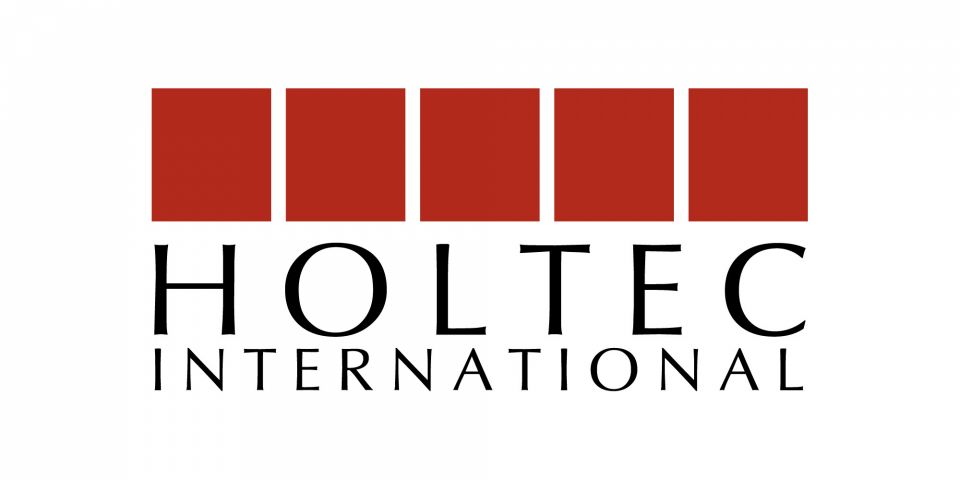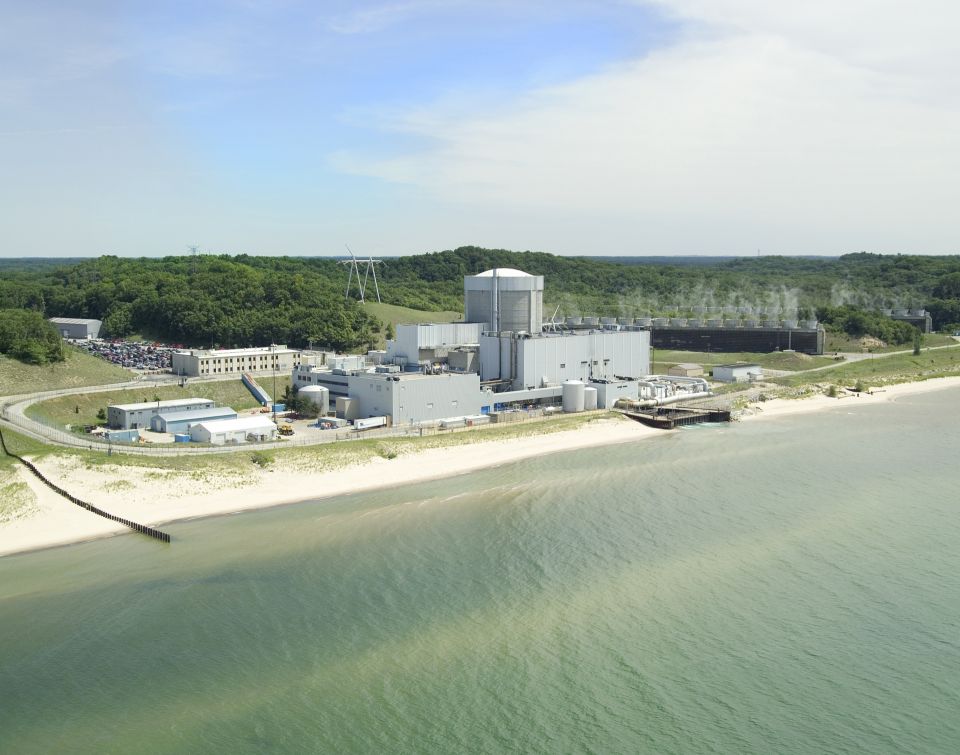Young nuclear advocates “get in the game” this college football season

Nuclear advocates across the country have been asking fans to cheer for more than just touchdowns this college football season. They want people to learn about and support nuclear energy.
They want them to “heart” nuclear as much as they do.
Gabriel Ivory was among the first to squeeze his way into the camera shot for ESPN’s College GameDay broadcast, proudly waving his nuclear support sign at the Texas A&M University game on August 31. Photos and video of him waving his sign quickly took off on social media as national labs, utilities, influencers, and even former Miss America Grace Stanke—a nuclear engineer herself—shared the message.
Ivory, a senior at Texas A&M, discussed his account of the day with the Department of Energy. He got up at 4 a.m. on the day of the game and made his way over to where the national broadcast was happening.
“On the loudspeaker, one of the announcers said, ‘I want to see everyone’s signs, let’s get everyone with a sign to the front,’” Ivory said. “I’m like, OK, that’s my opportunity. Three people are in front of me and I kind of just shoved them out of the way—they weren’t upset about it, but I had to get to the front. I felt like my message was pretty important.”
Trending: Since then, students and advocates on campuses across the U.S. have followed suit, showing up in GameDay footage at universities in Wisconsin, Michigan, Georgia, Alabama, South Carolina, Oklahoma, and more.
Even high schoolers are getting involved.
Rex Riedel and Lillian Merrill, both seniors at Redwood High School in Larkspur, Calif., run a nuclear club at their school. Both are interested in nuclear science and radioactivity—and believe that nuclear power is the only answer for a sustainable future.
“We really just wanted to get the word of nuclear out there. We were super inspired by that first student at the Texas A&M game, and when we saw that ESPN was coming to Berkeley, we knew we had to go,” Reidel said.
“Seeing other people with similar passions take initiative on this was a big motivation for us. The moment we realized we had a chance to do our part, we agreed that we couldn’t miss it,” Merrill added.
Nadra Austin, a nuclear budget analyst at Southern Company, was proud that her daughter, Emily Carter, shared the nuclear message at an Alabama game. Austin’s been with Southern for 17 years, the first seven on the coal side and the past 10 years in nuclear, and she’s shared all the positives she’s learned about nuclear with her daughter, a freshman at the University of Alabama.
Carter made posters with her friends the night before and then woke up at 2 a.m. to secure a spot in the camera shot for GameDay.
“She told me a guy she just met in the crowd helped her elbow and push her way to the front. ‘I owe him a lot,’ she told me,” Austin said.
And now, Carter is so excited about nuclear that she’s thinking of incorporating nuclear pharmacy into her pre-med major.
“It opened her eyes to what nuclear is doing,” Austin said. “When I moved over to nuclear, I was definitely learning on the job. Like a lot of people, I didn’t really understand nuclear and everything it does. It’s actually one of the cleaner and cheaper ways to produce energy.”
“I want people to educate themselves about nuclear power, learn about it just like my daughter did, and see all the other ways that nuclear can be used and embrace it,” she added.
Generational shift: The percentage of U.S. adults who favor more nuclear power has increased from 43 percent in 2020 to 56 percent in 2024, according to an August 5 report from Pew Research Center.
Recent studies show people under the age of 40 are more likely to support nuclear power.
“The majority of folks that are really driving the new advocacy groups are under 40, whereas the folks that are still driving the opposition to new nuclear energy are usually over 60,” Adam Stein, nuclear energy innovation director at the Berkeley-based Breakthrough Institute, told Energy Intelligence.
Within the nuclear industry, chapters of the advocacy group North American Young Generation in Nuclear (NAYGN) have been helping behind the scenes to promote GameDay participation on campuses.
“I love that university groups are showing support for nuclear energy,” said Christy Fletcher, president of NAYGN’s board of directors. “Nuclear is often overlooked as a clean source of energy in the battle against climate change, and these students are bringing nuclear to thousands of people every Saturday morning. This level of outreach is seldom achieved in the world of nuclear advocacy.”



